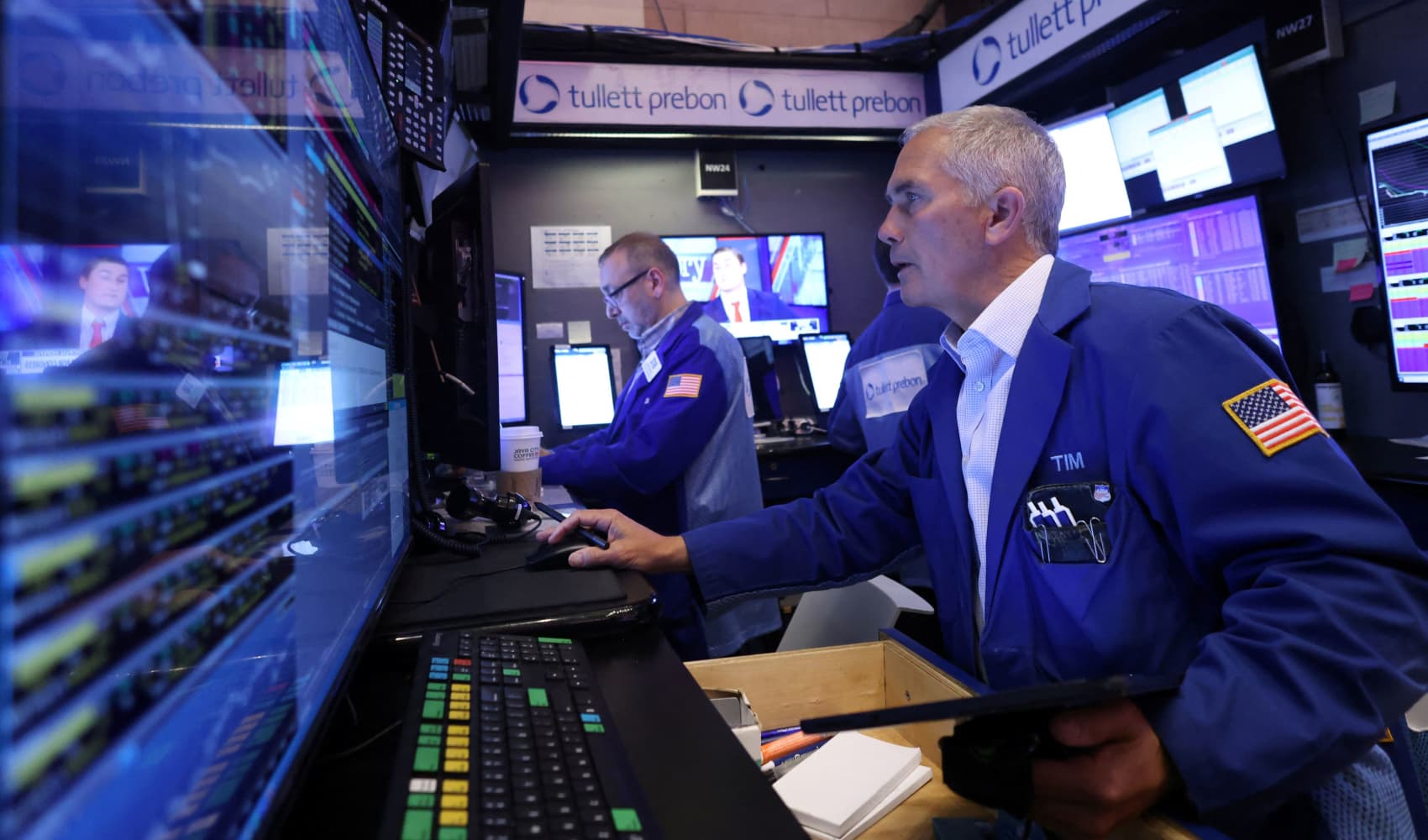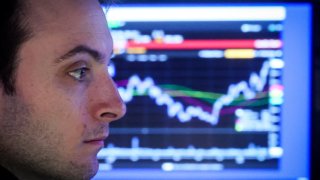
- Market bulls look to build on momentum.
- The UAW election signals tough labor negotations ahead for auto giants.
- Israel erupts in chaos over controversial judicial reforms.
Here are the most important news items that investors need to start their trading day:
1. A clearer picture
Stocks ended last week in positive territory, even after all the volatility triggered by lingering concerns about the banking system and mixed messages from top officials. Now there's a little more clarity. Both President Joe Biden and Treasury Secretary Janet Yellen said the government stands ready to protect more bank deposits if there's more turmoil. And while the Federal Reserve did indeed raise its benchmark rate last week, it signaled it could ease off as the banking crisis itself is poised to slow the economy. Overnight, meanwhile, the FDIC said First Citizens Bank agreed to buy $72 billion of failed Silicon Valley Bank's assets at a steep discount of about $16.5 billion. Follow live markets updates.
Get a weekly recap of the latest San Francisco Bay Area housing news. Sign up for NBC Bay Area’s Housing Deconstructed newsletter.
2. Slowing down
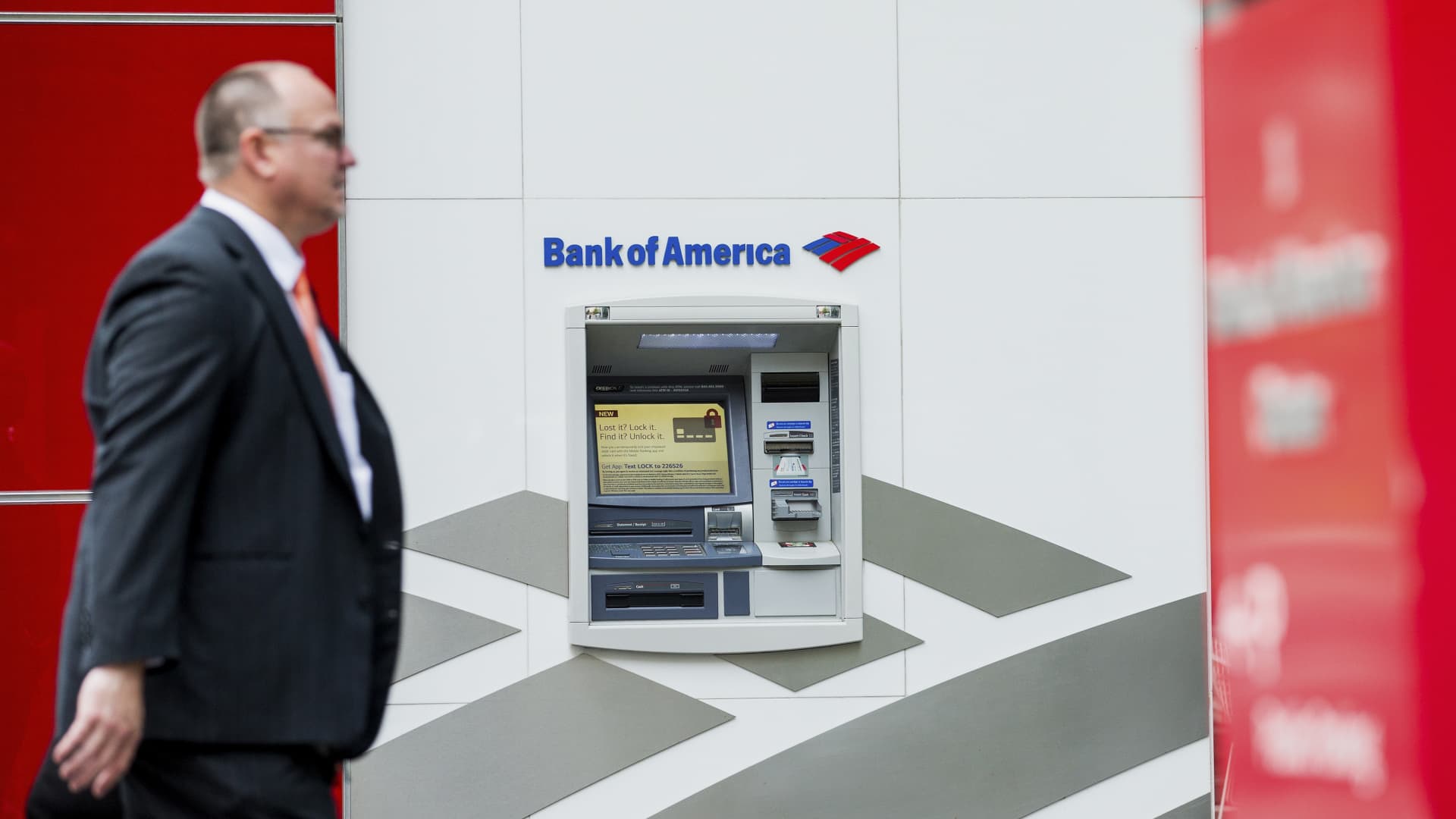
People have been moving their deposits from smaller banks to bigger institutions at a slower rate in recent days, CNBC's Hugh Son reports. The rapid failure of Silicon Valley Bank earlier this month triggered a broader panic that compelled depositors to pull their money out of seemingly high-risk regional banks, with less-diversified assets, to banks such as JPMorgan Chase and Bank of America, which have broader business models and are better equipped to handle upheaval in financial markets. Still, it doesn't mean the broader banking sector is out of the woods, just yet. Another crisis could get deposits moving again, in a flash.
3. Bumpy ride ahead for Detroit
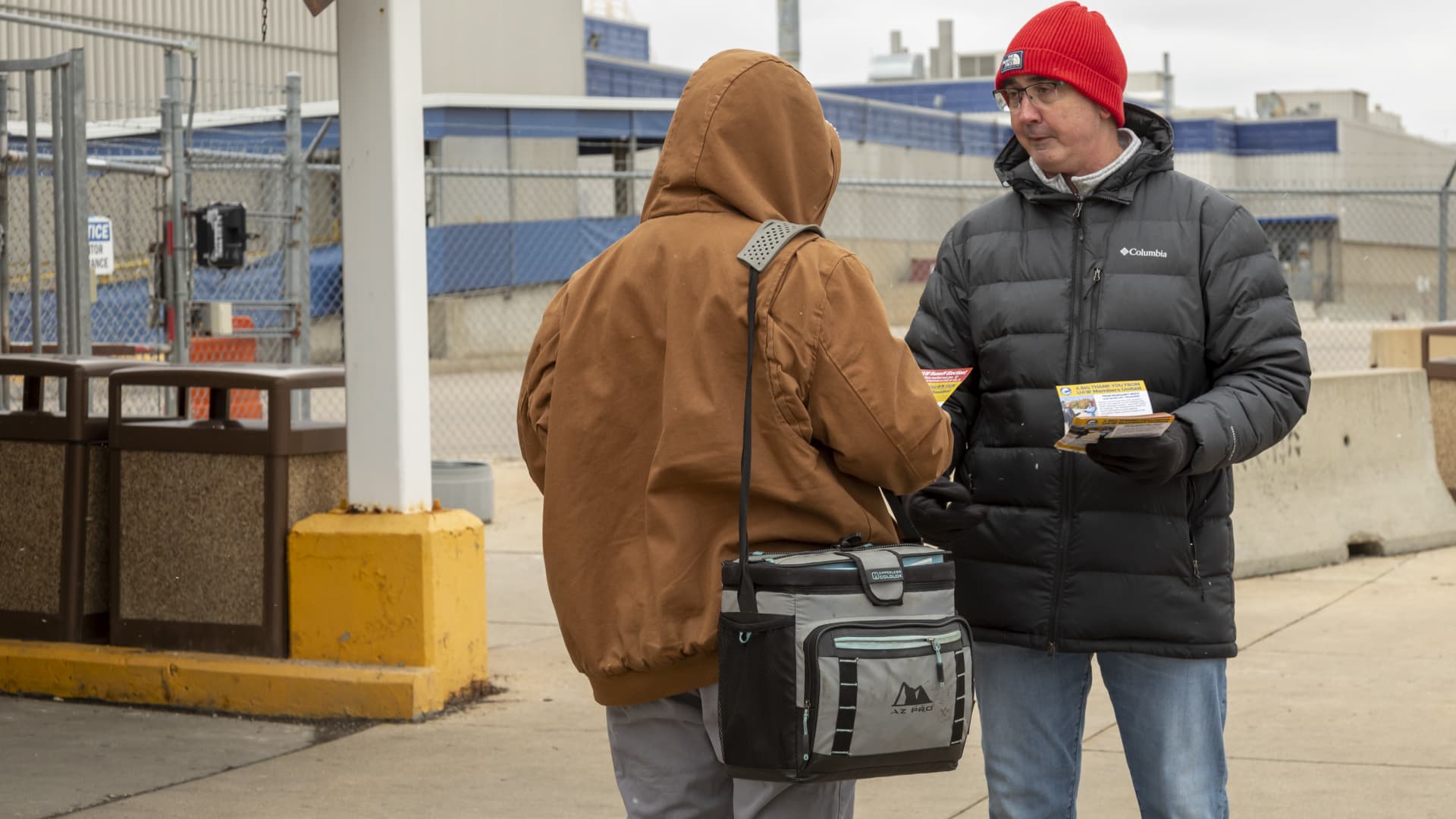
The United Auto Workers voted for a dramatic change in leadership. The union, which represents hundreds of thousands of laborers in the North American auto industry, narrowly elected reform candidate Shawn Fain as its president. Fain has vowed to take a harder line in negotiations later this year with Detroit automakers, which are all in the costly process of making the transition to electric vehicles, to varying degrees. Fain wants stronger benefits for members, as well as better job security and a return of cost-of-living adjustments to compensation. The leadership change also comes after a yearslong federal corruption investigation that saw 13 UAW officials, including two past presidents, convicted of crimes such as bribery and embezzlement.
4. Food stamp cliff
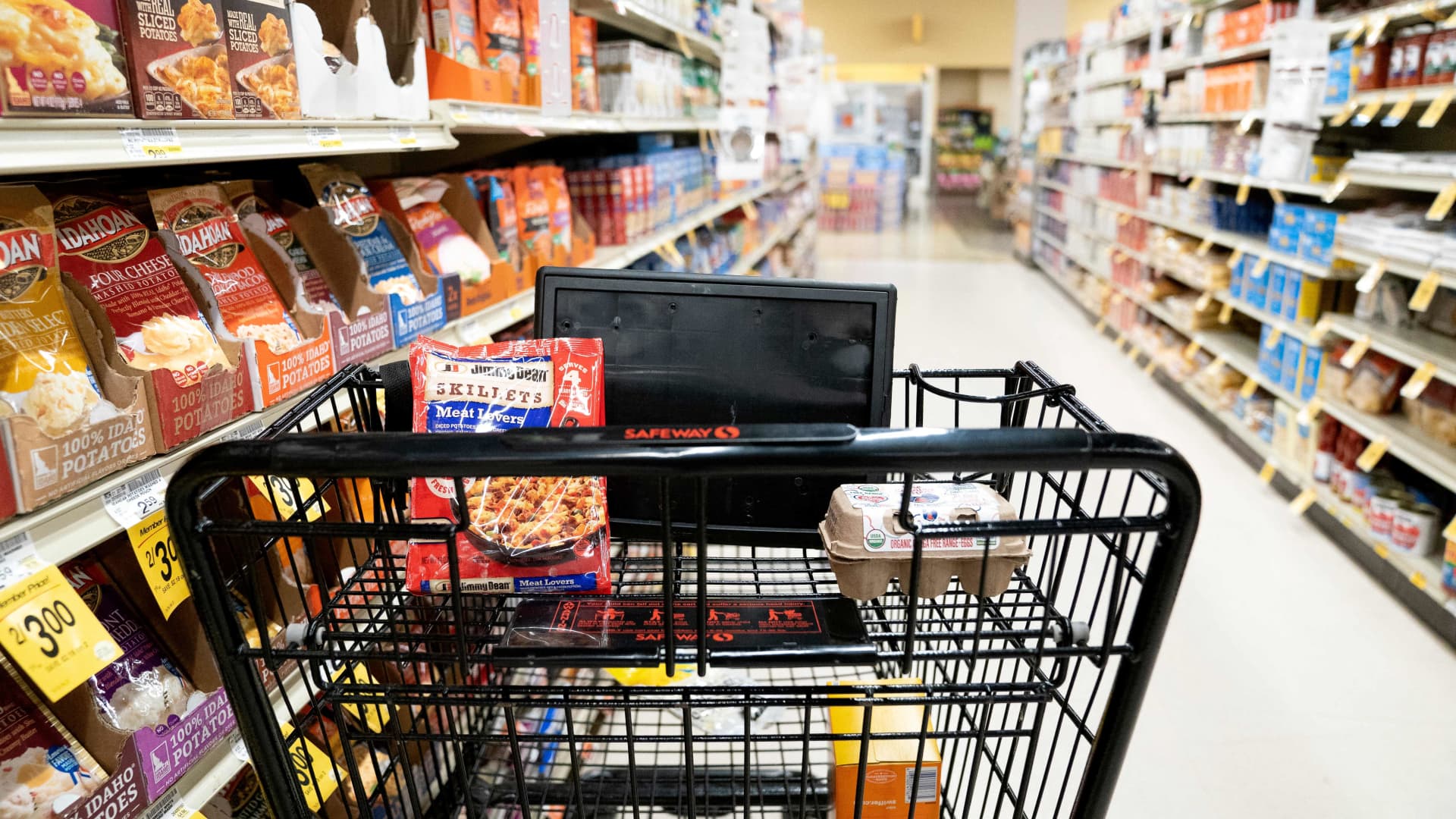
Millions of Americans in most states are losing a big chunk of their food budget this month as pandemic-era emergency funding for Supplemental Nutrition Assistance Program, or SNAP, benefits run out. For many families, they will be left without at least $95 a month to pay for food. The change comes at a particularly precarious time for low-income Americans, as commodity inflation and corporate price increases make it even more expensive to put food on the table. The Fed, meanwhile, has been raising interest rates to fight inflation and cool the economy. In turn, retailers are going to feel the pinch, too, since shoppers have largely shifted their spending toward necessities like groceries and away from discretionary items like electronics.
5. Crisis in Israel
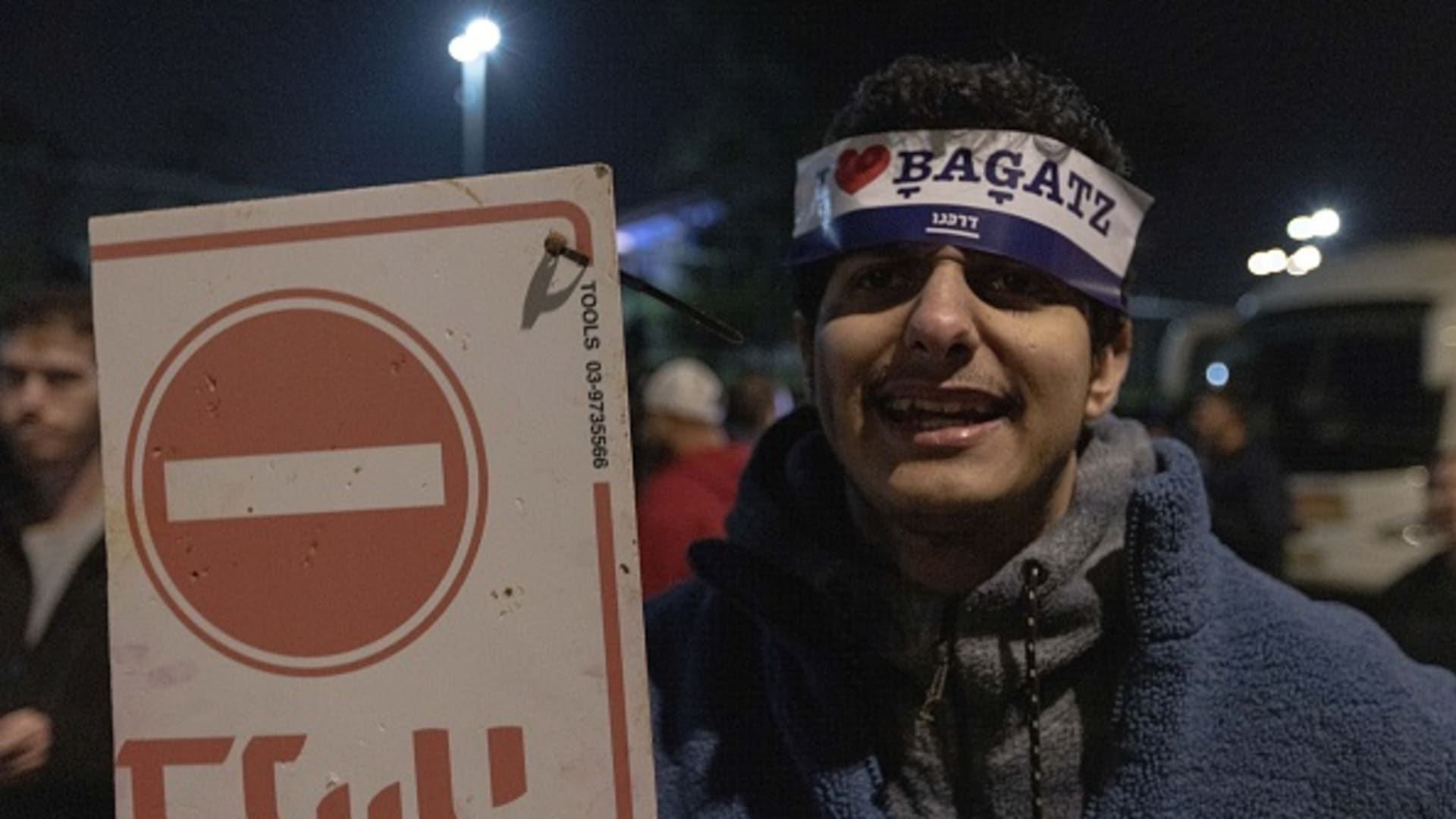
Israel erupted into widespread civil unrest after Prime Minister Benjamin Netanyahu fired Defense Minister Yoav Gallant, who urged the government to pause its controversial judicial reforms. Hundreds of thousands of Israelis took to the streets in recent days, a culmination of months of protests against reforms pushed by Netanyahu's right wing government, which has a narrow majority. Opponents say Netanyahu's judicial plan will push the country toward autocracy and weaken a key check on political power. Israel's largest union called for a general strike; work shut down at the Haifa port and Tel Aviv's Ben Gurion Airport. Netanyahu, however, survived a no confidence vote in the Knesset, the country's parliament.
Money Report
– CNBC's Alex Harring, Hugh Son, Michael Wayland, Melissa Repko, Natasha Turak and Ruxandra Iordache contributed to this report.
— Follow broader market action like a pro on CNBC Pro.


